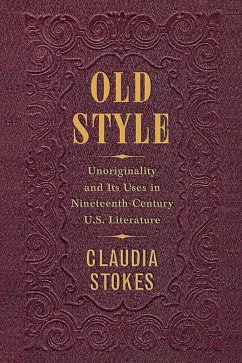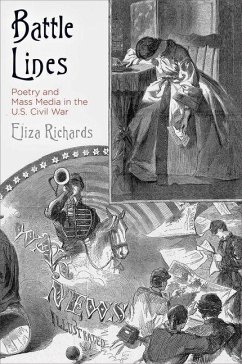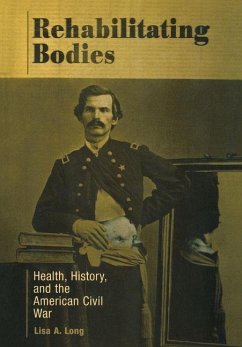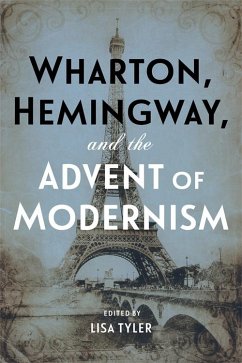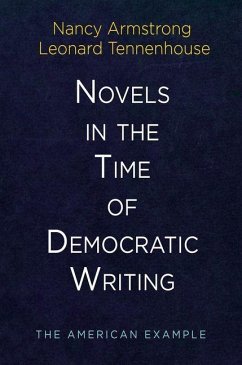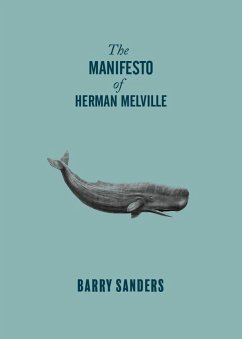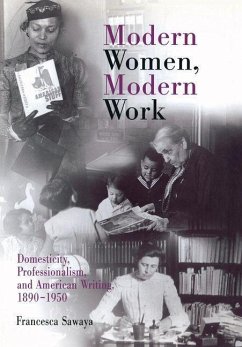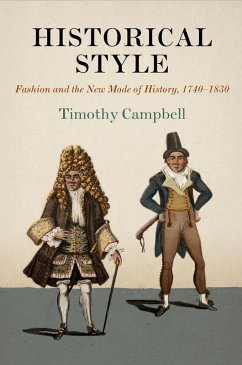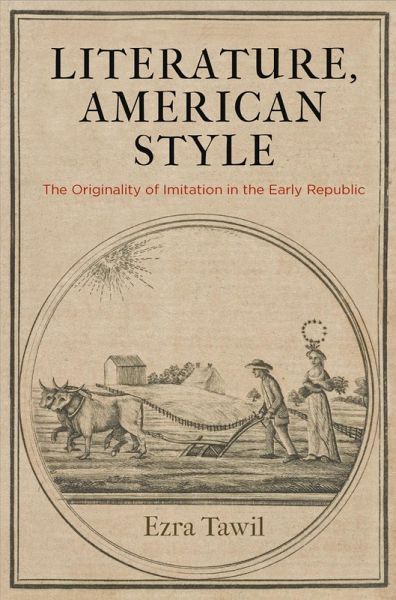
Literature, American Style (eBook, ePUB)
The Originality of Imitation in the Early Republic
Versandkostenfrei!
Sofort per Download lieferbar
58,95 €
inkl. MwSt.
Weitere Ausgaben:

PAYBACK Punkte
29 °P sammeln!
Between 1780 and 1800, authors of imaginative literature in the new United States wanted to assert that their works, which bore obvious connections to anglophone literature on the far side of the Atlantic, nevertheless constituted a properly "American" tradition. No one had yet figured out, however, what it would mean to write like an American, what literature with an American origin would look like, nor what literary characteristics the elusive quality of Americanness could generate. Literature, American Style returns to this historical moment-decades before the romantic nationalism of Cooper...
Between 1780 and 1800, authors of imaginative literature in the new United States wanted to assert that their works, which bore obvious connections to anglophone literature on the far side of the Atlantic, nevertheless constituted a properly "American" tradition. No one had yet figured out, however, what it would mean to write like an American, what literature with an American origin would look like, nor what literary characteristics the elusive quality of Americanness could generate. Literature, American Style returns to this historical moment-decades before the romantic nationalism of Cooper, the transcendentalism of Emerson and Thoreau, or the iconoclastic poetics of Whitman-when a fantasy about the unique characteristics of U.S. literature first took shape, and when that notion was linked to literary style. While late eighteenth-century U.S. literature advertised itself as the cultural manifestation of a radically innovative nation, Ezra Tawil argues, it was not primarily marked by invention or disruption. In fact, its authors self-consciously imitated European literary traditions while adapting them to a new cultural environment. These writers gravitated to the realm of style, then, because it provided a way of sidestepping the uncomfortable reality of cultural indebtedness; it was their use of style that provided a way of departing from European literary precedents. Tawil analyzes Noah Webster's plan to reform the American tongue; J. Hector St. John de Crèvecoeur's fashioning of an extravagantly naïve American style from well-worn topoi; Charles Brockden Brown's adaptations of the British gothic; and the marriage of seduction plots to American "plain style" in works such as Susanna Rowson's Charlotte Temple and Hannah Webster Foster's The Coquette. Each of these works claims to embody something "American" in style yet, according to Tawil, remains legible only in the context of stylistic, generic, and conceptual forms that animated English cultural life through the century.
Dieser Download kann aus rechtlichen Gründen nur mit Rechnungsadresse in A, D ausgeliefert werden.




